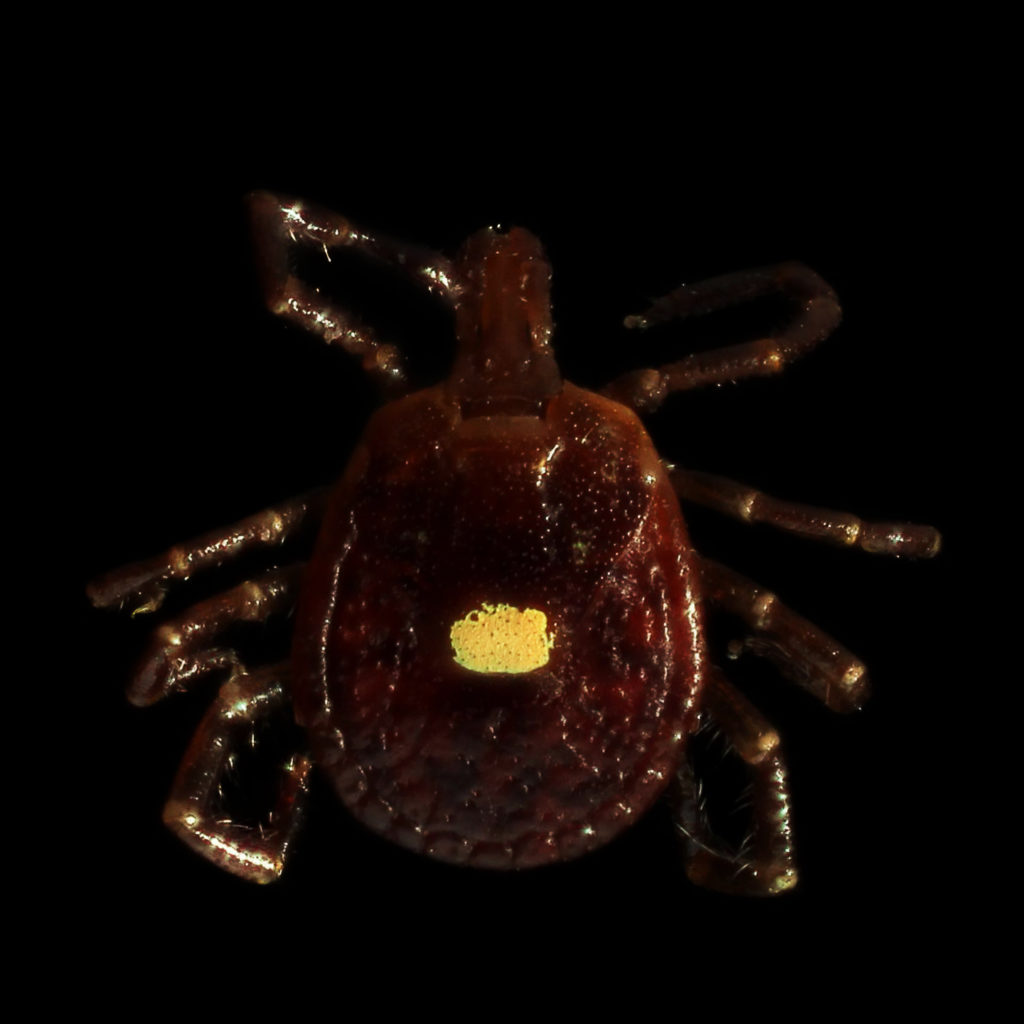Tick bite-induced meat allergy spreading to parts of US, other countries

Image: Benjamin Smith/Wikimedia Commons
For pet owners, ticks are pesky parasites that they constantly keep an eye out for, lest their furry companions contract a disease from these tiny blood-sucking creatures. In the United States, people have another reason to be wary of ticks, as one particular kind is known to trigger an allergy towards meat.
The tick is called the lone star tick and is mostly found in southeastern United States. However, reports of meat allergy cases have been coming in from other areas, particularly Minnesota, Hanover, Duluth, New Hampshire and the eastern tip of Long Island, according to Wired. Scientists are now racing to understand whether the lone star tick is expanding to other territories, the report said, or if other tick species are also causing the allergy.
Red meat contains a sugary substance called galactose-alpha-1,3-galactose, or simply alpha-gal. It is this alpha-gal in the meat that the body develops an allergic reaction to, after getting bitten by a lone star tick. The meat allergy is also referred to as alpha-gal allergy.
According to Elizabeth Schiffman, a senior epidemiologist at the Minnesota Department of Health, there were no established populations of lone star ticks in Minnesota. This makes the increasing number of cases of alpha-gal allergy in the area all the more unusual, reports MPRNews.
“This one’s a little unusual, and it really took the allergy world by storm, in that patients would develop symptoms six or eight hours after they ingested it (meat),” she was quoted in the report.
Researchers are now increasingly convinced that alpha-gal allergy is being triggered by ticks other than the lone star variety, according to Dr. Scott Commins, an associate professor of medicine and pediatrics at the University of North Carolina.
While still considered rare outside of southeastern U.S., cases of the allergy appearing in other parts of the world have also popped up.
“The worldwide data are the main argument for that, because in the places such as Sweden, Europe, and Australia, they don’t have the lone star tick, yet they’re still seeing patients who are presenting with new cases of this strange meat allergy,” Commins told MPR.
For the time being, scientists are still trying to figure out what exactly is in the tick’s bite that triggers the allergy in people. They are also researching how some bite victims don’t develop the allergy while others do. Alfred Bayle/JB
RELATED STORY:
WATCH: Koala surprises diners as it strolls into Australian restaurant